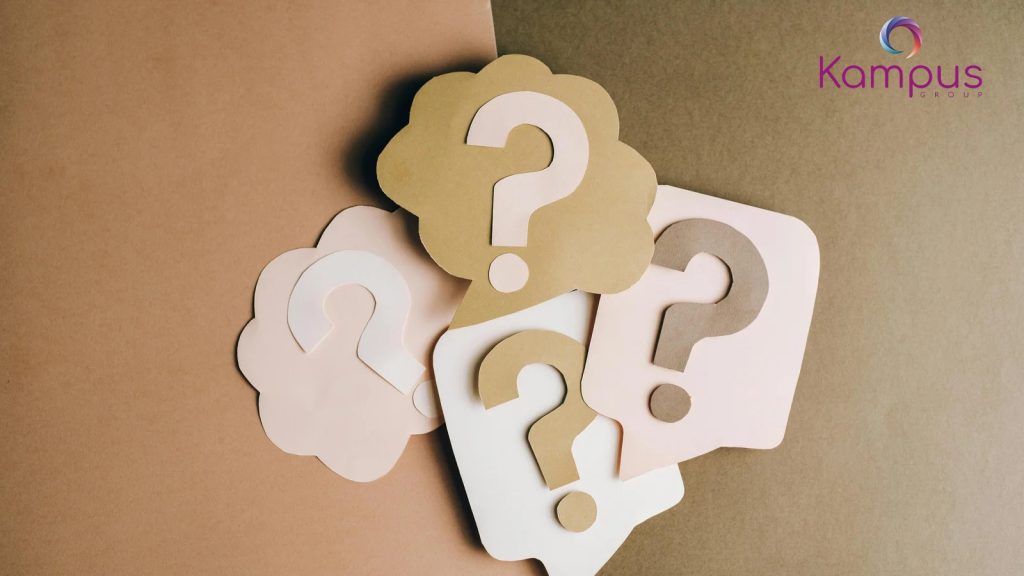English is full of words that sound almost identical but mean totally different things. Two of the most commonly confused words are complement and compliment. Whether you’re preparing for an exam like IELTS or just trying to level up your writing skills, knowing how to use them correctly will help you avoid awkward (and sometimes embarrassing) mistakes.
Let’s break down the difference between complement and compliment, how to use them properly, and a few quick ways to remember which one is which.
What’s the Difference Between Complement and Compliment?
At first glance (and sound), these words seem nearly identical. But their meanings and uses are quite distinct.
Complement
- Part of speech: Most often used as a noun, though it can also function as a verb.
- Meaning: Something that completes or enhances something else. When two things go well together, they complement each other.
Compliment
- Part of speech: Typically used as a verb, but also functions as a noun.
- Meaning: A polite or flattering remark; to praise or express admiration.
Simple Definitions
Complement
- Something that enhances, improves, or completes another thing.
- Think complete—they both share the same root.
Examples:
- Her red lipstick perfectly complements her outfit.
- The team members’ skills complement each other.
Compliment
- A kind or flattering comment.
- Also used when someone gives something with compliments—often as a gift or token of appreciation.
Examples:
- He gave me a lovely compliment on my presentation.
- She handed me a business card with compliments from the chef.
Synonyms
Complement: enhance, complete, match, suit, balance, go with
Compliment: praise, commendation, flattery, accolade, kudos, admiration
How to Use Complement and Compliment in a Sentence
Complement
- Wine and dark chocolate complement each other beautifully.
- The written exam is designed to complement the oral test.
- Their personalities are very different, but they complement each other as business partners.
Compliment
- She received several compliments on her speech.
- When someone compliments your work, it’s a sign you’re doing something right.
- Please give my compliments to the chef—this meal was fantastic!
Quick Trick to Remember
- Complement → Think “Complete” — something that completes or enhances another.
- Compliment → Think “I like it!” — a nice thing you say to someone.
FAQs – Complement vs. Compliment
Q1: Can “complement” be used as a verb?
Yes, absolutely. For example: “The scarf complements her jacket.” Here, it means the scarf goes well with the jacket.
Q2: Is “compliment” always verbal?
Not necessarily. A compliment can also be written or even implied through gestures. It’s any form of praise or admiration.
Q3: What does “with compliments” mean?
This is a polite expression that means something is being given as a gift or as a gesture of goodwill. E.g., “With compliments from the hotel management.”

